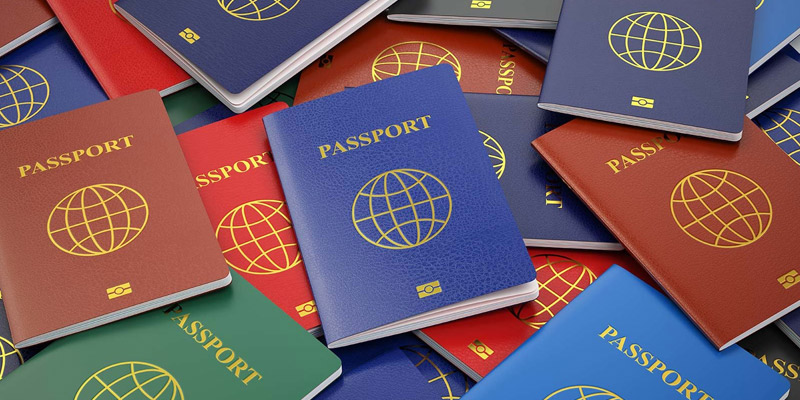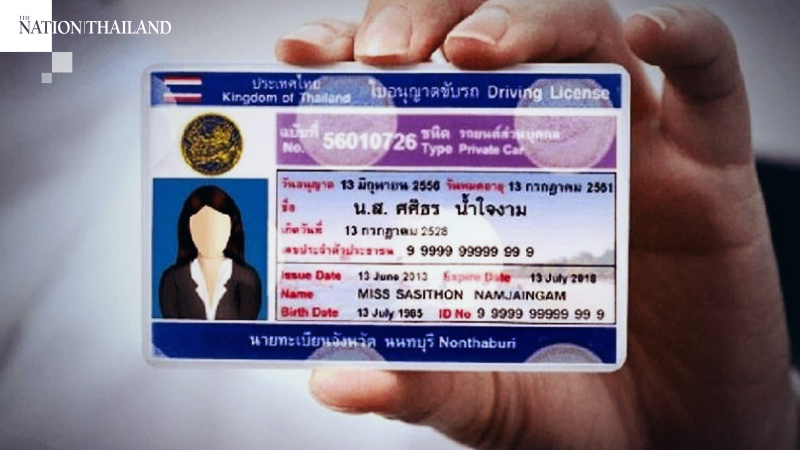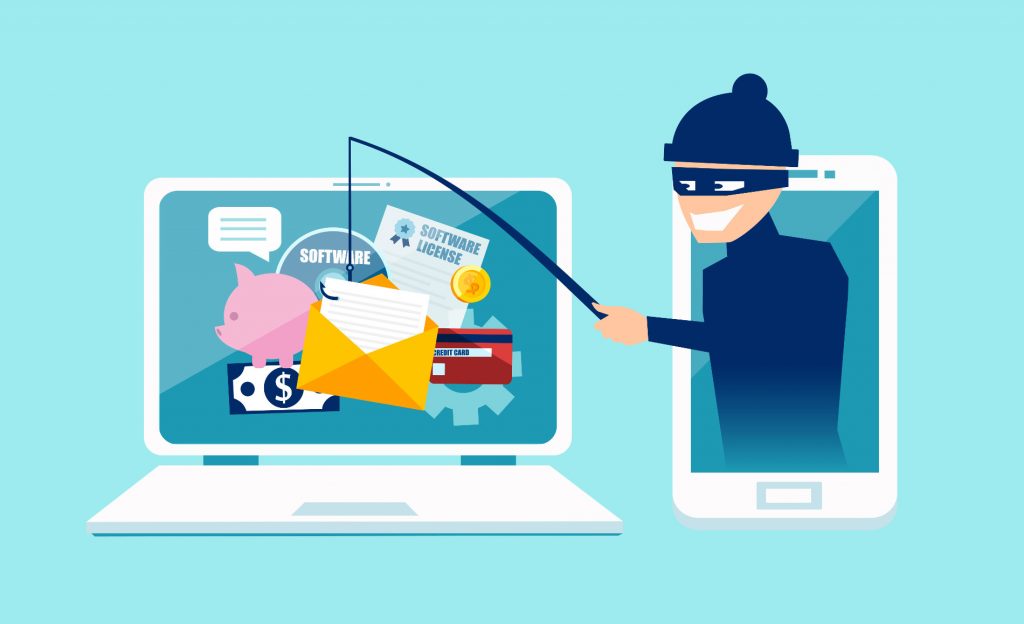Identity theft is an enormous problem. While the ever-growing use of modern technology to make purchases, bookings, and fast payments is highly convenient, the downside is that this leaves many opportunities for scammers and fraudsters to take advantage.

Be careful with your ID
The passport contains a lot of information about you! Don’t let that information get into the wrong hands. The same applies to ID cards, driving licenses, and any other forms of identification. Always be cautious, and keep them in a safe place.


Protect your personal information
Always be aware of receiving calls from scammers. Often posing as banks, or other official institutions, their only purpose is to get as much information from you as possible. This also applies to scam e-mails. If it looks suspect, it probably is. Typos, bad grammar, etc. are always a giveaway. Also, always check the e-mail address of the sender, no matter how authentic the message looks.


Destroy confidential papers
If you have a shredder at work or home, use it to destroy papers that you no longer require, which contain personal information. Even if you don’t have a shredder, you can still do a good job of destroying confidential papers. Be thorough.
Protect your mail
Don’t leave mail lying around unopened, especially if you live in a communal building. There could be a lot of personal information about you in the letters. If you are normally away from home a lot, consider a pick-up service or the redirection of mail to your post office.
Check bills and statements
Always be aware of checking bills, bank statements, and credit card statements for unauthorized transactions. It is very easy not to notice small discrepancies, but this is how fraudsters often make their money. They make the amount small enough that it will not be obvious, and do this to many different accounts.
Check your credit report
The information in your credit report is a footprint of your financial activity, make sure to check it on a semi-regular basis. You may find erroneous information about you on your credit report, which would have gone unnoticed had you not checked it.
Stop pre-approved credit offers
If you receive a pre-approved credit offer by mail, the best thing to do is to destroy it, and request that the credit card company removes you from their mailing list. Some pre-approved credit offer letters can come with a lot of information about you! All they want is your signature to approve the application. Make sure that you tell these companies in no uncertain terms to desist.
Ask how your information will be used
Don’t be afraid to question why you are being asked to provide certain personal information. If you are not satisfied with the answer, refuse! Never reveal personal details of any kind if you don’t know for absolute certain who you are talking to.
Protect your computer
The best way to ensure that your computer is safe is to use strong passwords, and to download anti-virus and anti-spyware software. Also, be cautious with what you download, and avoid suspect sites that spam your computer with pop-up windows.
Be cautious online
Look out for the padlock symbol next to the website address to indicate that the site is secure, before entering any personal information or credit card details. Make sure that you fully trust the site before giving any details. If it is not well known, check to see how many reviews of the company you can find online. If in any doubt, avoid!
Keep receipts
Even though some receipts obscure most of your credit card digits, it is still not a good idea to leave them lying around. Be cautious, and keep them. Not only will keeping receipts protect you from fraud, it will also allow you to keep a better track of your transactions, which will be useful when comparing them to your statements.
Keep your credit cards in sight
It’s always advisable not to let someone take your card away. They can bring the card machine to you. In the wrong hands, a card could easily be cloned in a matter of a few minutes. Don’t let this happen.
Ask to be removed from databases
If you are constantly receiving unsolicited calls, even if it is not regarding financial matters, ask to be removed from their databases. Be firm. The same can apply to e-mails. There should always be an option at the end of the message to unsubscribe from further correspondence.
Use two step-verification where possible
While this is not universally available, its popularity is increasing, with companies like Google and Amazon setting the trend. It may seem slightly inconvenient, but it is certainly a better alternative than having your personal information stolen.
Be aware at the ATM
Not all people who hang around behind other people at ATMs are simply muggers. Some of them use very elaborate and clever schemes to relieve you of your money. Try and use ATMs that are more private, wherever possible, and always be aware of who may be watching you enter your PIN number.
